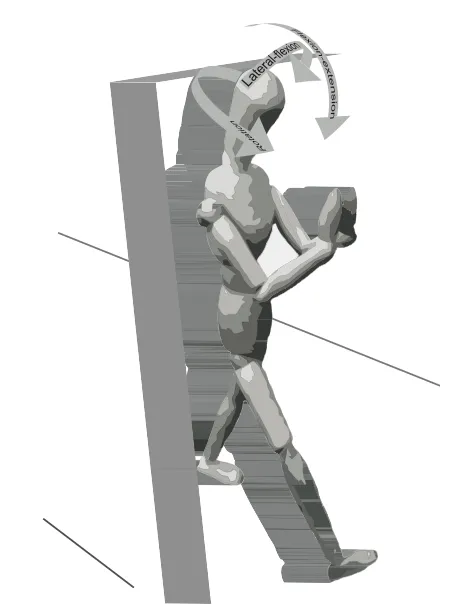The Science Is Clear: Don’t Text and Walk
Being distracted by texting makes people walk more slowly and crookedly, and they are more likely to be hit by cars
/https://tf-cmsv2-smithsonianmag-media.s3.amazonaws.com/filer/9d/e1/9de1018e-0626-492b-bc98-2ab0fdde1493/walking_texting_2.jpg)
You need to get yourself somewhere. You want to send a text message. For most people, the decision to text while walking comes without a moment of hesitation.
It's easy to convince yourself—consciously or unconsciously—that you won't be distracted, that you're capable of simultaneously composing your message and minding street traffic with peripheral vision.
But what if this isn't true? What if texting while walking is actually a risk, a danger to be stamped out like texting while driving?
A group of Australian scientists from the University of Queensland recently decided to answer this question with some hard data. To gather it, they took 26 volunteers, strapped reflective markers on them, and digitally captured their movements as they walked about thirty feet while texting "the quick brown fox jumped over the three lazy dogs."

The results, published today in PLOS ONE, showed that compared to their normal gaits, the volunteers walked more slowly and crookedly while texting. They also moved their necks less, keeping them flexed downward.
Does this mean that texting walkers are at greater risk of getting hit by a car? The Australian researchers didn't test this idea, but other scientists have, and their findings show how bad of an idea it is to walking around typing on your phone.
In a 2012 study, a group of researchers observed 1102 people cross busy intersections in downtown Seattle. Texters were nearly 4 times more likely to demonstrate what the scientists called "unsafe behaviors": disobeying a traffic light, straying from a crosswalk or failing to look both ways before crossing. As part of other research, conducted on people inside simulators in a lab, texters were hit more often by virtual cars because of their distraction.
It's hard to determine exactly how many people are hit by cars because they're texting while walking, partly because it's difficult to say if a car or pedestrian is at fault in every specific accident. But it's telling that the number of people entering emergency rooms with injuries they sustained by falling, tripping or running into a stationary object while using their phones is steadily increasing.
Does this mean we're about to see an influx of laws that ban texting while walking? In May 2012, police officers in Fort Lee, New Jersey, began issuing $85 jaywalking tickets to people they saw doing it, while legislators in New York, Arkansas and Nevada have proposed laws that would ban it.
But whether or not the government's going to make you stop texting while walking, the science says you should remember what you were taught as a little kid: Look both ways before crossing the street. Instead of down at your phone.
/https://tf-cmsv2-smithsonianmag-media.s3.amazonaws.com/accounts/headshot/joseph-stromberg-240.jpg)
/https://tf-cmsv2-smithsonianmag-media.s3.amazonaws.com/accounts/headshot/joseph-stromberg-240.jpg)